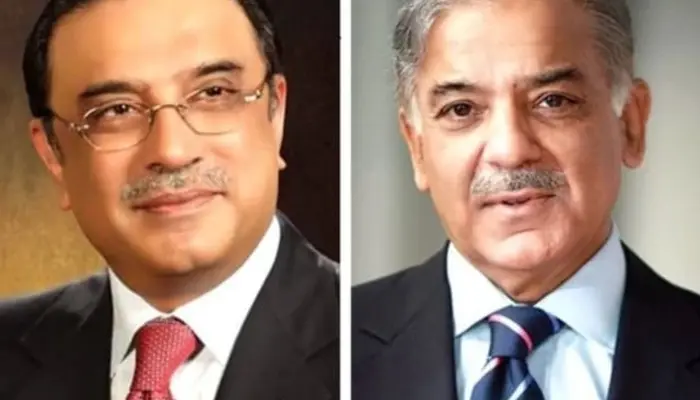On the International Day Against Drug Abuse and Illicit Trafficking, Prime Minister Shehbaz Sharif and President Asif Ali Zardari renewed their commitment to building a drug-free Pakistan. Both leaders urged coordinated efforts from all sectors of society to combat drug use and trafficking.
PM Highlights National Commitment
Prime Minister Shehbaz Sharif acknowledged the severity of drug abuse and the threat it poses to society. He emphasized that while the government continues its efforts to counter the issue, lasting success depends on collective action.
He noted that drug abuse contradicts Pakistan’s legal, social, and international obligations. The prime minister paid tribute to law enforcement agencies for their relentless work in breaking drug networks, praising their dedication and sacrifice.
Read: PPP Raises Red Flags Over Budget 2025 Ahead of Key Vote
President Calls for Awareness and Education
President Asif Ali Zardari stressed the importance of education and public awareness, particularly among youth, to prevent the spread of drug addiction. He reaffirmed that Pakistan will continue to take decisive actions against both abuse and trafficking.
Zardari praised the Anti-Narcotics Force (ANF) for its vital role in enforcing drug laws. Operating under the Ministry of Interior and Narcotics Control, the ANF has led numerous efforts to dismantle narcotics operations nationwide.
Emphasis on Collective Responsibility
Both leaders underlined the need for all stakeholders—including government bodies, civil society, the private sector, and global partners—to work together. They stressed that drug abuse is not just a law enforcement issue but a broader social challenge.
The prime minister and president also acknowledged the sacrifices of law enforcement personnel who lost their lives in the battle against narcotics. Their dedication, they said, reflects the nation’s resolve to rid itself of this menace.
As Pakistan faces this ongoing challenge, the leadership urged citizens to stand united in pursuit of a safer, healthier society. Through education, enforcement, and cooperation, the vision of a drug-free Pakistan remains firmly in focus.
Follow us on Instagram, YouTube, Facebook,, X and TikTok for latest updates
